Israel undermines security wherever it gains foothold, Raeisi warns neighbors
Iran’s President Ebrahim Raeisi says the Israeli presence in the region only stokes tensions, warning that the occupying regime undermines security wherever it manages to gain a foothold.
The remarks came on Wednesday during Raeisi’s meeting with his Azeri counterpart, Ilham Aliyev, on the sidelines of the 6th summit of the heads of the Caspian Sea littoral states in Ashgabat, Turkmenistan.
“The presence of the Zionist regime in any environment undermines security there,” Raeisi said, adding that security in the region can be achieved only through cooperation of regional countries and Caspian Sea neighbors.
He described Iran as a “friend in hard times” who would never leave its allies alone.
Commenting on the summit, he said one of the most important benefits of holding such regional meetings is that they lead to greater understanding among neighboring countries.
Raeisi called for enhancement of ties between Iran and Azerbaijan, saying Iran’s technical, geopolitical, and logistical capabilities, including in the field of transit and transportation, are suitable grounds for bilateral cooperation between the two countries.
Aliyev, for his part, said the promotion of bilateral relations has been accelerated since his previous meeting with Raeisi on the sidelines of the ECO Summit in Ashgabat.
“I hope that our meeting today strengthens the process of the development of relations and raises the level of cooperation between the two countries,” he said.
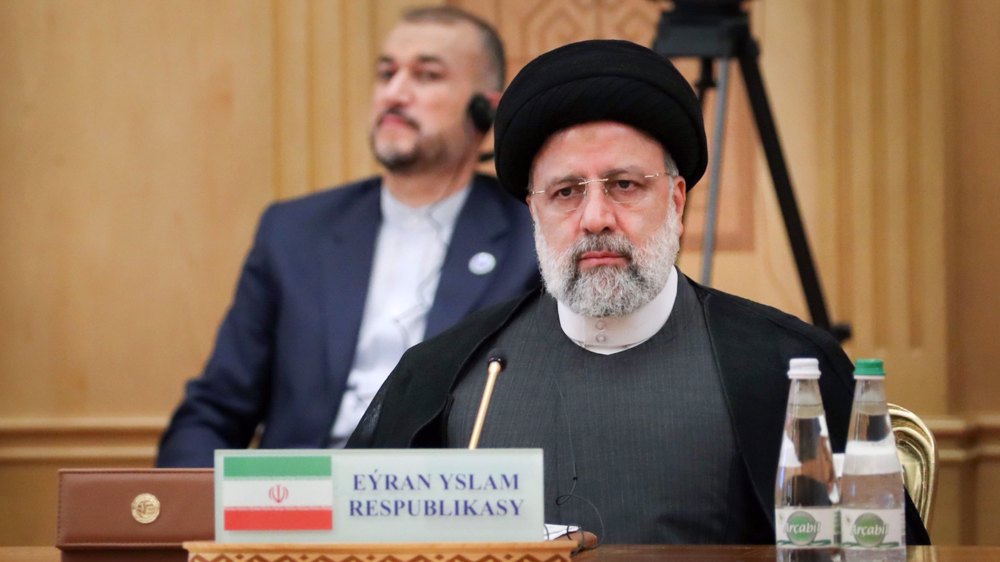
Iranian President Ebrahim Raeisi attends the 6th summit of the heads of the Caspian Sea littoral states in Ashgabat, Turkmenistan , on June 29, 2022. (Photo by president.ir)
‘Sea of friendship and cooperation’
In his address to the summit earlier on Wednesday, Raeisi urged the participants to regard the Caspian Sea as a “sea of friendship and cooperation” in order to fulfill their responsibility “toward the current and future generations.”
“The Caspian Sea is our common heritage and capital, the axis of bonds and friendship, and the source of blessings for more than the 270 million people of its littoral countries, which reflects the five countries in the mirror of a single body of water,” he said.
“Cooperation among the Caspian littoral states has become increasingly important, especially in light of international developments, and this collaboration not only will lead to economic prosperity and improve the well-being of our nations, but will also strengthen regional peace and stability and resolves issues regarding the Caspian [Sea] by the littoral states themselves.”
He also expressed hope that holding such meetings would bring about growth, development, security, stability, well-being, peace, and friendship for the people of the Caspian Sea region.
The legal status of the Caspian Sea – the largest inland body of water in the world – has been the subject of fraught negotiations for over two decades since the Soviet Union's collapse.
There are an estimated 48 billion barrels of oil and 292 trillion cubic feet (8.3 trillion cubic meters) of natural gas in proven and probable reserves in the Caspian basins and its surrounding area.
The Caspian Sea is also the natural breeding ground for the best sturgeon species including the giant beluga fish from which one of the world’s priciest delicacies, caviar, is extracted.
Tehran pursuing neighbors-first policy: Raeisi
Raeisi also held a meeting with his Turkmen counterpart Serdar Berdimuhamedow, in which he reiterated his administration’s “neighborhood-first policy.”
He said relations between Tehran and Ashgabat are expanding rapidly based on the development of neighborly relations and mutual trust and extensive cooperation.
“The implementation of the memoranda of understanding and cooperation documents that were signed during your recent visit to Tehran will accelerate the level and expansion of cooperation between the two countries,” he told Berdimuhamedow.
“Also, according to the recent request of the Republic of Azerbaijan, the Islamic Republic of Iran is ready to increase the capacity of Turkmenistan’s gas swap to Azerbaijan through our country,” he added.
President Raeisi said the summit should lead to better use of the Caspian Sea's potential for peaceful purposes while respecting environmental considerations and preventing the entry of outsiders.
Berdimuhamedow praised Raeisi’s efforts to improve bilateral relations between the two countries, asserting that his country will fully implement the memoranda of understanding and agreements reached between them.
The Turkmen president called the Caspian Sea “a common capital for its five littoral states”, urging all sides to “protect this God-given blessing while making better use of its potential.”
Earlier this month, Berdimuhamedow during his visit to Tehran met Raeisi and both sides signed a series of documents and memoranda of understanding to broaden bilateral cooperation in different fields, including politics, economy, trade, transportation, investment, new technologies, environment, sports, energy, judiciary, education, research, and tourism.
D-8’s role in Iran’s economy after Cairo summit
China slams US as ‘war-addicted’ threat to global security
China ‘firmly opposes’ US military aid to Taiwan
VIDEO | Press TV's News Headlines
President Yoon Suk Yeol to be removed from office
At least 19 Gazans killed by Israeli airstrikes since dawn: Medics
Leader: Iran neither has nor needs proxy forces
US fighter aircraft shot down ‘in friendly fire’ amid aggression on Yemen


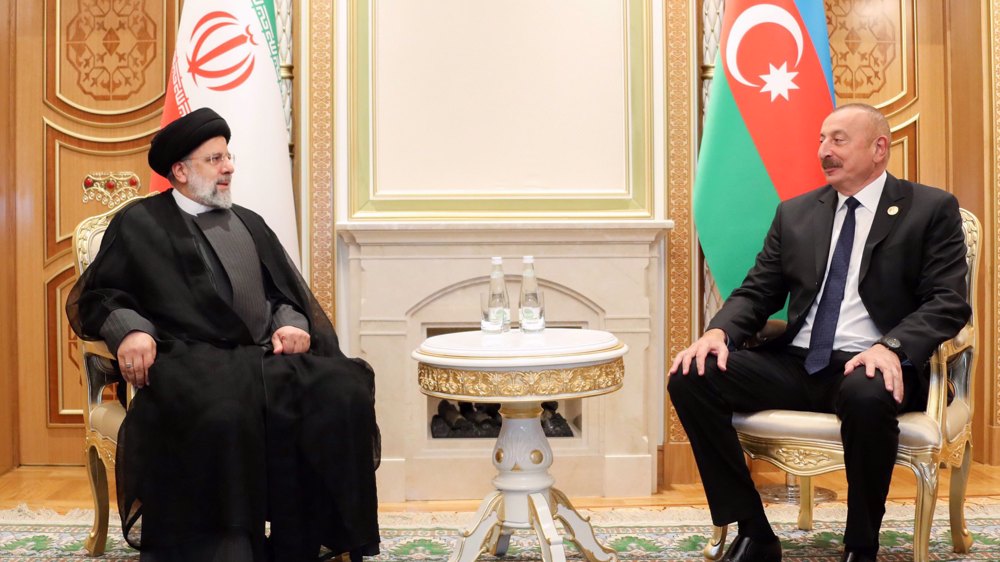






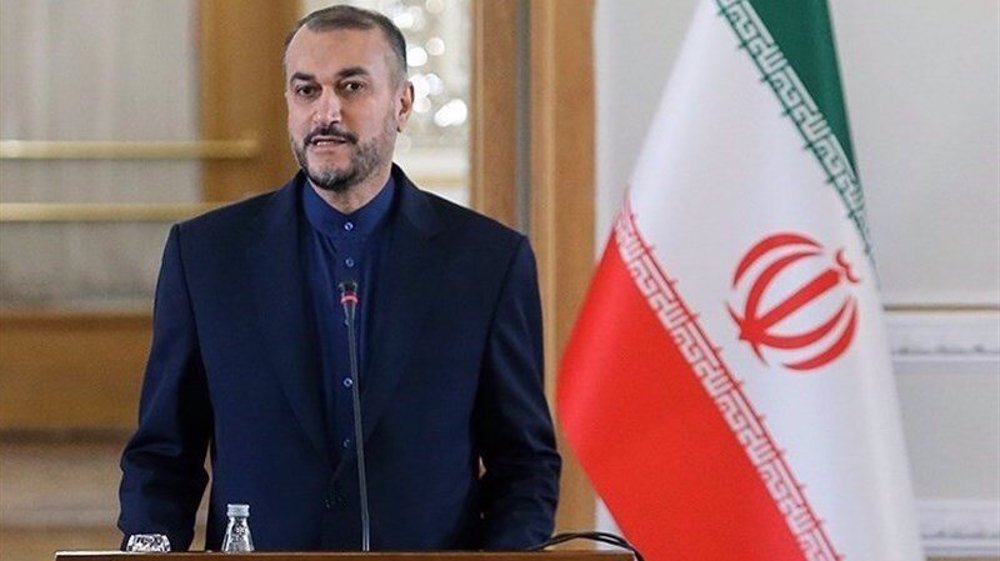
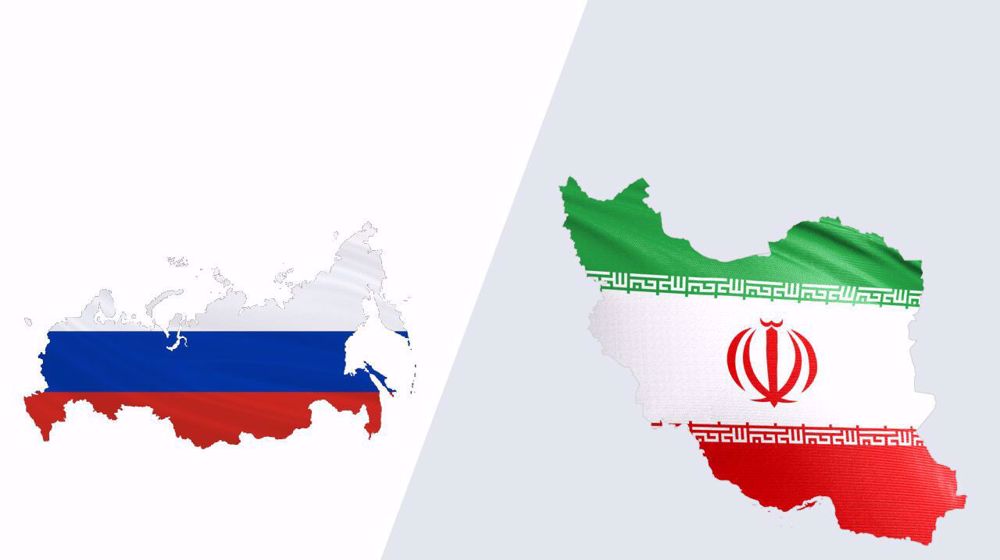
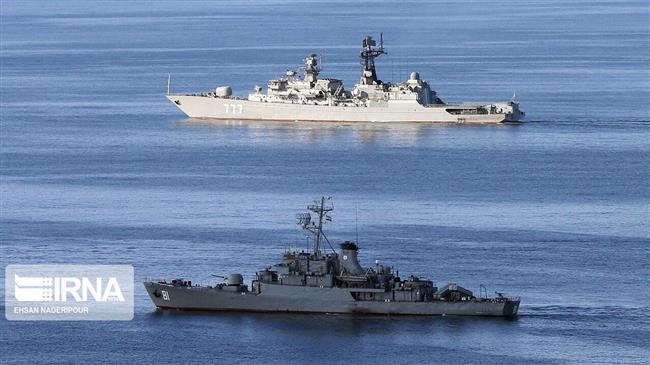

 This makes it easy to access the Press TV website
This makes it easy to access the Press TV website